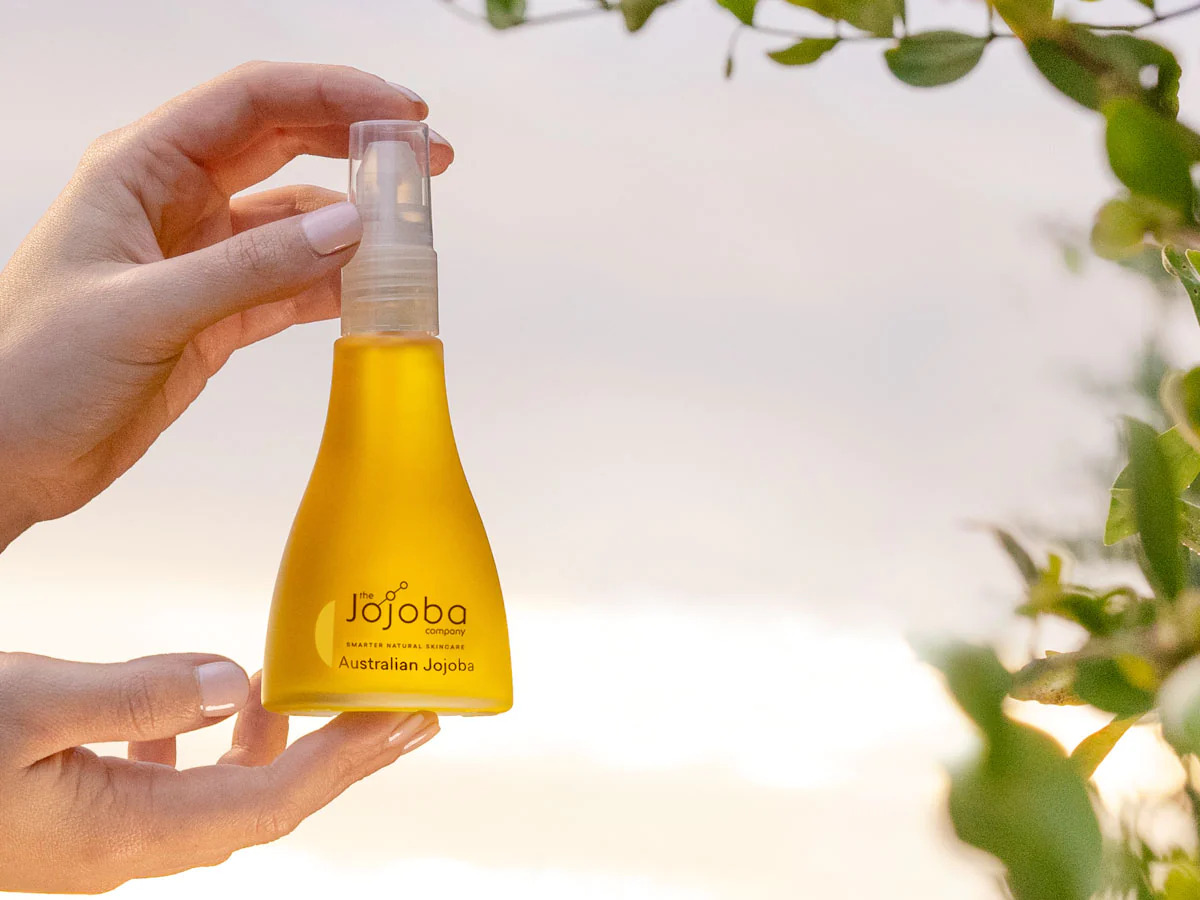

Articles
How To Store Jojoba Oil
Modified: December 7, 2023
Learn the best practices for storing jojoba oil in this informative article. Keep your oil fresh and extend its shelf life with these tips.
(Many of the links in this article redirect to a specific reviewed product. Your purchase of these products through affiliate links helps to generate commission for Storables.com, at no extra cost. Learn more)
Introduction
Welcome to the world of jojoba oil, a versatile and beneficial oil that has gained tremendous popularity in the beauty and skincare industry. Derived from the seeds of the jojoba plant (Simmondsia chinensis), jojoba oil is known for its numerous therapeutic properties and natural moisturizing capabilities. Whether you’re a skincare enthusiast, a beauty professional, or simply curious about using jojoba oil, it’s essential to understand the importance of proper storage to maintain its quality and potency.
In this article, we will delve into the various aspects of storing jojoba oil, exploring the benefits of jojoba oil, the selection of the right container, the ideal storage conditions, avoiding exposure to light and heat, preventing contamination and spoilage, and understanding its shelf life. By following these guidelines, you can ensure that your precious jojoba oil stays fresh and effective for longer periods.
Let’s begin by exploring the remarkable benefits of jojoba oil.
Key Takeaways:
- Proper storage is crucial for preserving the potency of jojoba oil. Choose the right container, store in a cool, dark place, and prevent exposure to light and heat to maintain its integrity and effectiveness.
- Regularly evaluate jojoba oil for signs of spoilage and oxidation. Follow proper storage guidelines, purchase from reputable sources, and trust your senses to maximize its shelf life and skincare benefits.
Read more: How To Store Oil
Benefits of Jojoba Oil
Jojoba oil is a powerhouse of benefits for the skin, hair, and overall well-being. Its unique composition closely resembles the natural oils produced by our skin, making it an excellent moisturizer and emollient. Here are some key benefits of using jojoba oil:
- Hydration and Moisturization: Jojoba oil is renowned for its hydrating properties. It penetrates deep into the skin, providing optimal moisture and preventing dryness. It forms a protective barrier on the skin, keeping it soft, smooth, and supple.
- Regulating Sebum Production: Contrary to popular belief, using jojoba oil does not make your skin oilier. Instead, it helps balance sebum production, making it suitable for all skin types – dry, oily, or combination. It provides moisture to dry skin and controls excessive oil on oily skin.
- Anti-Aging Effects: Jojoba oil is loaded with antioxidants, including vitamin E, which helps fight free radicals and reduce the signs of aging. It helps improve skin elasticity, diminishes the appearance of fine lines and wrinkles, and promotes a youthful complexion.
- Acne treatment: Jojoba oil possesses anti-inflammatory properties, making it an effective remedy for acne-prone skin. It helps reduce redness, inflammation, and bacterial growth, promoting a clearer complexion.
- Makeup remover: Jojoba oil is a gentle yet effective makeup remover. Its moisturizing properties not only remove makeup but also nourish the skin, leaving it clean and refreshed.
- Healthy Scalp and Hair: Jojoba oil can work wonders for your hair as well. It helps moisturize the scalp, reducing dryness, itchiness, and dandruff. It also strengthens the hair follicles, promotes hair growth, and adds shine and luster to the hair.
These are just a few of the many benefits jojoba oil has to offer. With such incredible properties, it’s no wonder that many people incorporate this versatile oil into their skincare and haircare routines.
Choosing the Right Container
The choice of the container plays a vital role in preserving the quality and efficacy of jojoba oil. When selecting a container for storing jojoba oil, consider the following factors:
- Material: Opt for containers made of glass or dark-colored plastic, such as amber or cobalt blue. These materials help to protect the oil from ultraviolet (UV) light exposure and maintain its stability. Avoid containers made of clear plastic or transparent glass, as they allow light to penetrate, which can lead to deterioration of the oil.
- Size: Choose a container size that suits your usage requirements. It’s generally recommended to store jojoba oil in smaller containers to minimize air exposure that can lead to oxidation. This helps maintain the freshness and potency of the oil.
- Sealability: Ensure that the chosen container has a tight-fitting lid or cap to prevent air, moisture, and contaminants from entering. This helps to preserve the integrity and shelf life of the jojoba oil.
By selecting the right container, you can protect your jojoba oil from external factors that can compromise its quality. Next, let’s explore the proper storage conditions for jojoba oil.
Proper Storage Conditions
To maintain the freshness and effectiveness of jojoba oil, it is essential to store it under the right conditions. Here are some guidelines for proper storage:
- Temperature: Jojoba oil should be stored at a cool and consistent temperature, ideally between 15-25°C (59-77°F). Avoid exposing it to extreme temperature fluctuations, as this can affect its quality. Keep the oil away from direct sources of heat, such as sunlight, radiators, or kitchen appliances.
- Humidity: Moisture can cause jojoba oil to spoil or degrade, so it is crucial to store it in a dry environment. Avoid storing the oil in the bathroom, where humidity levels are high due to showers and baths.
- Air Exposure: Oxygen can lead to oxidation and deterioration of jojoba oil. Ensure that the container is tightly sealed and minimize exposure to air. If using a bottle with a dropper cap, make sure to squeeze out any excess air before tightly closing the lid.
- Location: Find a cool and dark place to store your jojoba oil, such as a cupboard, drawer, or pantry. The storage area should be away from direct light and heat sources, as mentioned earlier.
By adhering to these storage conditions, you can help prolong the shelf life and maintain the quality of your jojoba oil. However, it is equally important to protect the oil from exposure to light and heat.
Store jojoba oil in a cool, dark place away from direct sunlight and heat to prevent oxidation and maintain its quality. A cabinet or pantry is a good option.
Avoiding Exposure to Light and Heat
Light and heat can have a detrimental effect on the quality and stability of jojoba oil. It is crucial to protect the oil from these factors to ensure its longevity and efficacy. Here’s how you can avoid exposure to light and heat:
- Store in a Dark Place: Keep your jojoba oil away from direct light, especially sunlight. Exposure to UV rays can cause oxidation and degradation of the oil. Store it in a dark area, such as a closed cabinet or a drawer, to protect it from light sources.
- Avoid Heat Sources: High temperatures can accelerate the breakdown of jojoba oil and reduce its shelf life. Keep the oil away from heat sources like stoves, ovens, and heaters. Avoid storing it near windows or in areas prone to temperature fluctuations.
- Travel Considerations: When traveling with jojoba oil, make sure to pack it in a dark and tightly sealed container. Store it in a cool bag or in a section of your luggage that is not exposed to direct sunlight or heat. Avoid keeping it in the car, especially during hot weather.
- Refrigeration: While jojoba oil does not necessarily require refrigeration, keeping it in the refrigerator can provide extra protection against heat and light exposure. This can be particularly beneficial in warmer climates or during hot summer months.
By taking precautions to avoid exposure to light and heat, you can preserve the quality and effectiveness of your jojoba oil for a longer period.
Read more: How To Store Essential Oils
Preventing Contamination and Spoilage
Proper storage goes beyond protecting jojoba oil from light and heat; it also involves preventing contamination and spoilage. Here are some essential measures to ensure the purity and longevity of your jojoba oil:
- Clean Hands and Surfaces: Before handling the jojoba oil or its container, make sure your hands are clean to prevent the transfer of bacteria or contaminants. Additionally, ensure that the storage area and any tools used are clean and free from any residues or impurities.
- Avoid Contact with Water: Water can introduce moisture into the oil, leading to spoilage. Be cautious and prevent any contact between water and your jojoba oil. Keep the container tightly sealed and wipe off any moisture that may accumulate outside.
- Use a Dropper or Pump: To minimize the risk of contamination, consider transferring your jojoba oil into a smaller container with a dropper or pump. This reduces direct contact with your fingers and reduces the chances of introducing bacteria into the oil.
- Avoid Exposure to Air: Whenever using jojoba oil, try to minimize the exposure of the entire contents to air. This can be achieved by dispensing only the required amount and promptly sealing the container to prevent oxidation and exposure to contaminants.
- Check for Spoilage Signs: Regularly inspect your jojoba oil for any signs of spoilage, such as a strange odor, change in color, or presence of mold or sediment. If you notice any of these signs, it’s best to discard the oil and replace it with a fresh supply.
By following these preventive measures, you can ensure that your jojoba oil remains pure, uncontaminated, and in optimum condition for an extended period.
Shelf Life of Jojoba Oil
When stored properly, jojoba oil has an impressively long shelf life compared to many other natural oils. The shelf life of jojoba oil can vary depending on several factors, including the quality of the oil, storage conditions, and exposure to light, heat, and air. On average, properly stored jojoba oil can last anywhere from 2 to 5 years.
It’s important to note that over time, the quality of jojoba oil may gradually decline. As the oil ages, it may undergo oxidation, resulting in a rancid smell or a change in color. Oxidized jojoba oil may also lose some of its beneficial properties, making it less effective for skincare and haircare purposes.
To extend the shelf life of your jojoba oil and ensure its freshness, here are some additional tips:
- Purchase from reputable sources: Buying high-quality, pure, and cold-pressed jojoba oil from trusted suppliers can significantly impact its shelf life and overall quality.
- Store in an airtight container: Keeping your jojoba oil in a tightly sealed, air-free container minimizes its exposure to oxygen, which can contribute to oxidation.
- Monitor storage conditions: Regularly check the storage conditions of your jojoba oil, ensuring it is kept in a cool, dark place away from light, heat, and moisture.
- Perform a sensory evaluation: Before each use, perform a sensory evaluation of the oil. Check for any signs of spoilage, such as a foul odor or unusual changes in color or texture.
- Consider refrigeration: If you live in a hot climate or want to extend the shelf life of your jojoba oil, refrigeration can provide added preservation benefits.
It’s important to trust your senses and evaluate the quality of your jojoba oil regularly. If you notice any significant changes or signs of spoilage, it’s best to dispose of the oil and replenish it with a fresh supply.
By following these guidelines, you can maximize the shelf life of your jojoba oil, ensuring that it remains potent, effective, and ready to provide its numerous skincare and haircare benefits.
Conclusion
Proper storage is essential when it comes to preserving the quality, potency, and effectiveness of jojoba oil. By following the guidelines outlined in this article, you can ensure that your precious jojoba oil remains fresh and ready to deliver its numerous skincare and haircare benefits.
From choosing the right container and storing it under the ideal conditions to avoiding exposure to light, heat, and contaminants, every step counts in maintaining the integrity of your jojoba oil. Remember to keep it in a cool, dark place, away from direct sunlight and heat sources. Use tightly sealed containers, and consider refrigeration if necessary. Keep in mind the importance of cleanliness and preventing contamination by maintaining proper hygiene during handling and usage.
Additionally, pay attention to the shelf life of jojoba oil. While it can last for several years when stored correctly, it is crucial to regularly evaluate the oil for any signs of spoilage or oxidation. Trust your senses and discard any oil that smells rancid or has undergone significant color or texture changes.
Ultimately, by taking these precautions and maintaining optimal storage conditions, you can ensure that your jojoba oil remains fresh, potent, and ready to provide you with its incredible moisturizing, nourishing, and skincare benefits.
So, go ahead and take care of your jojoba oil like the treasure it is, and enjoy the numerous advantages it brings to your skincare routine and overall well-being.
Frequently Asked Questions about How To Store Jojoba Oil
Was this page helpful?
At Storables.com, we guarantee accurate and reliable information. Our content, validated by Expert Board Contributors, is crafted following stringent Editorial Policies. We're committed to providing you with well-researched, expert-backed insights for all your informational needs.

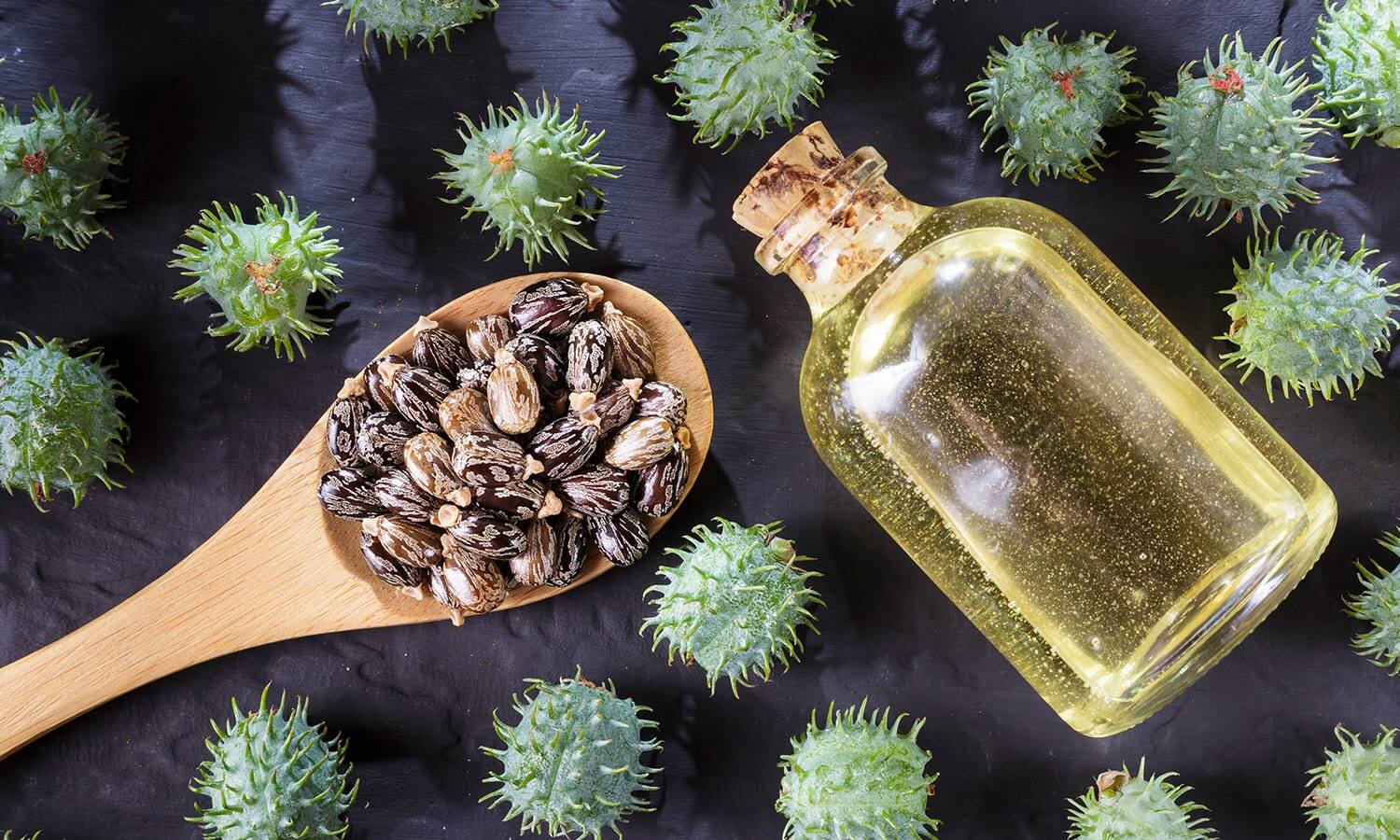



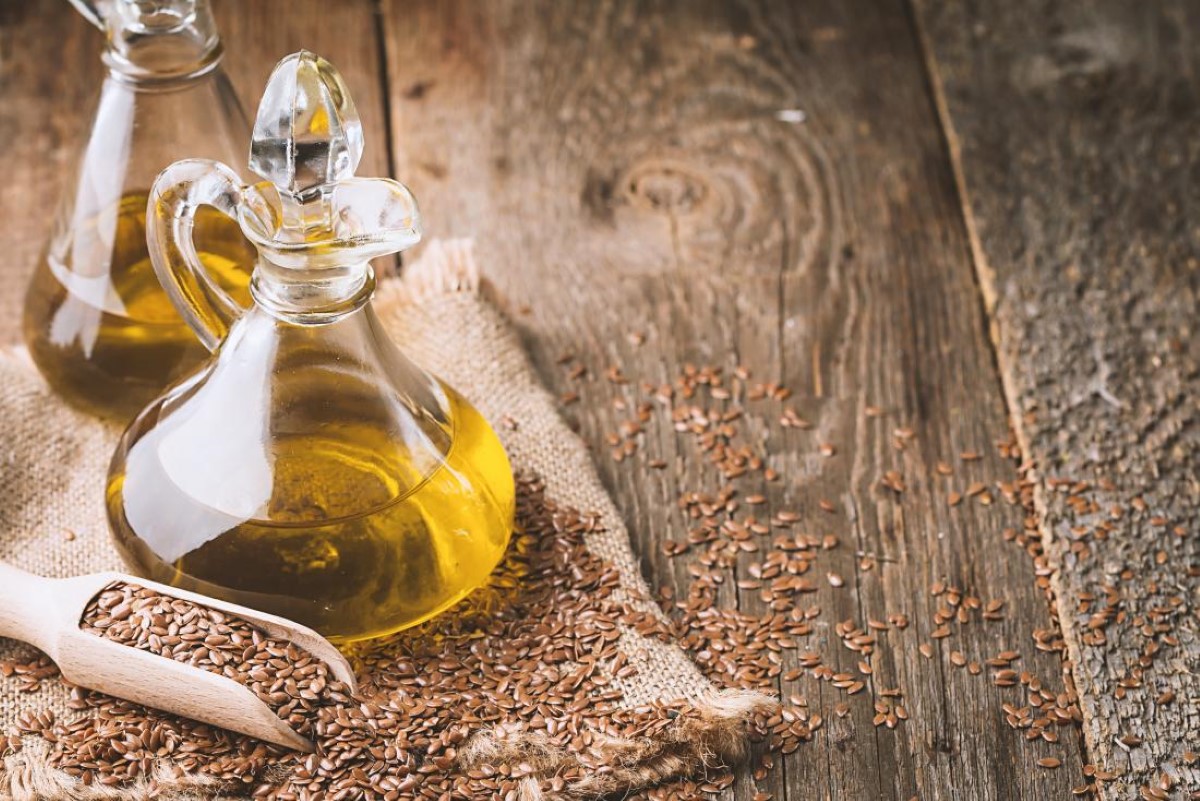
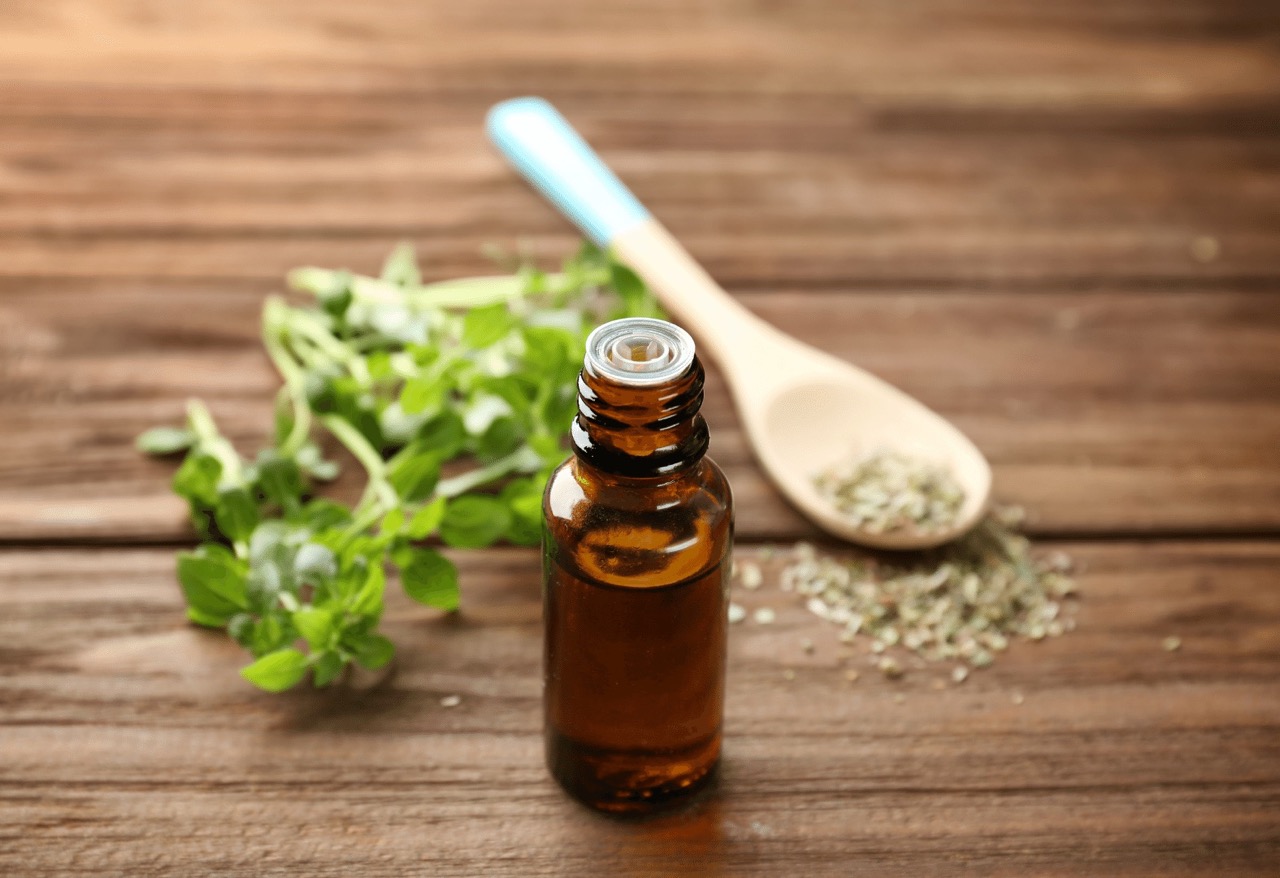

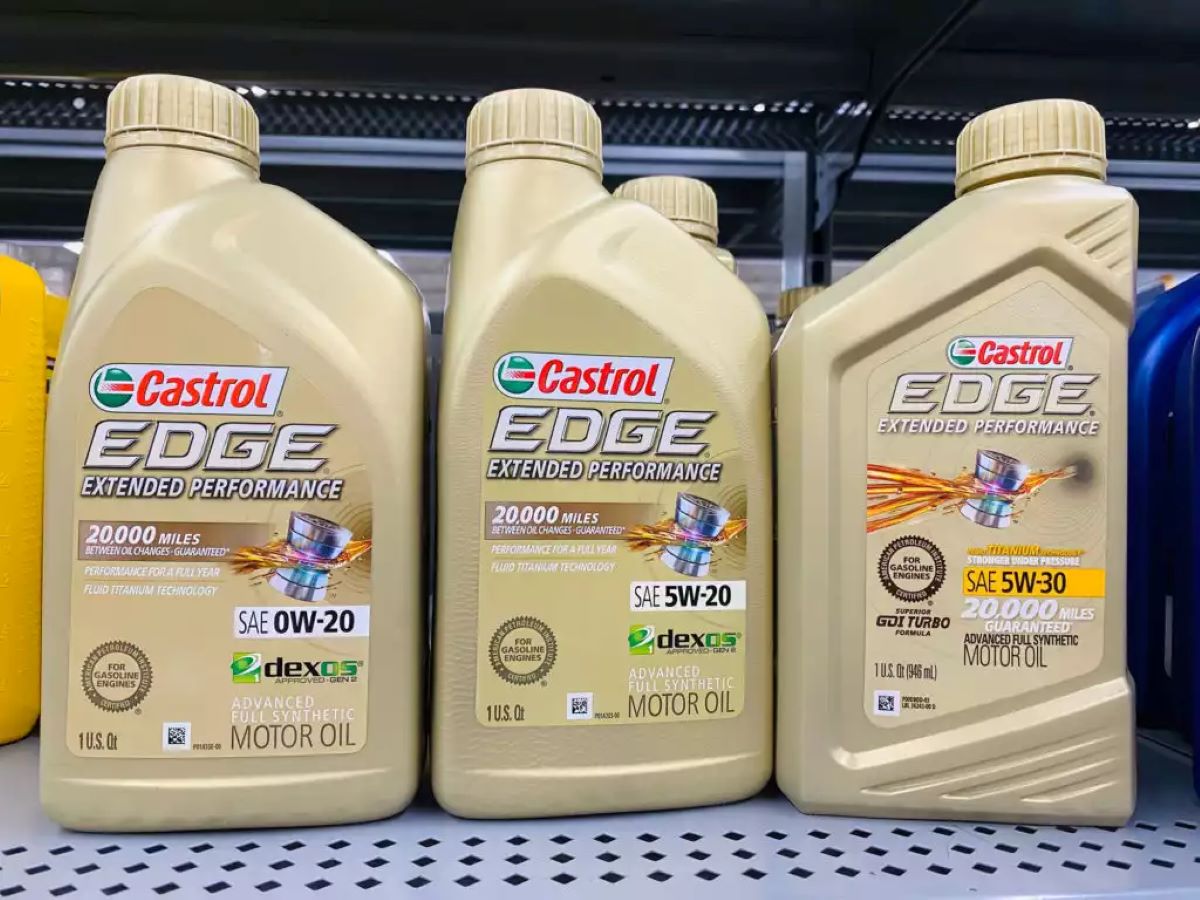
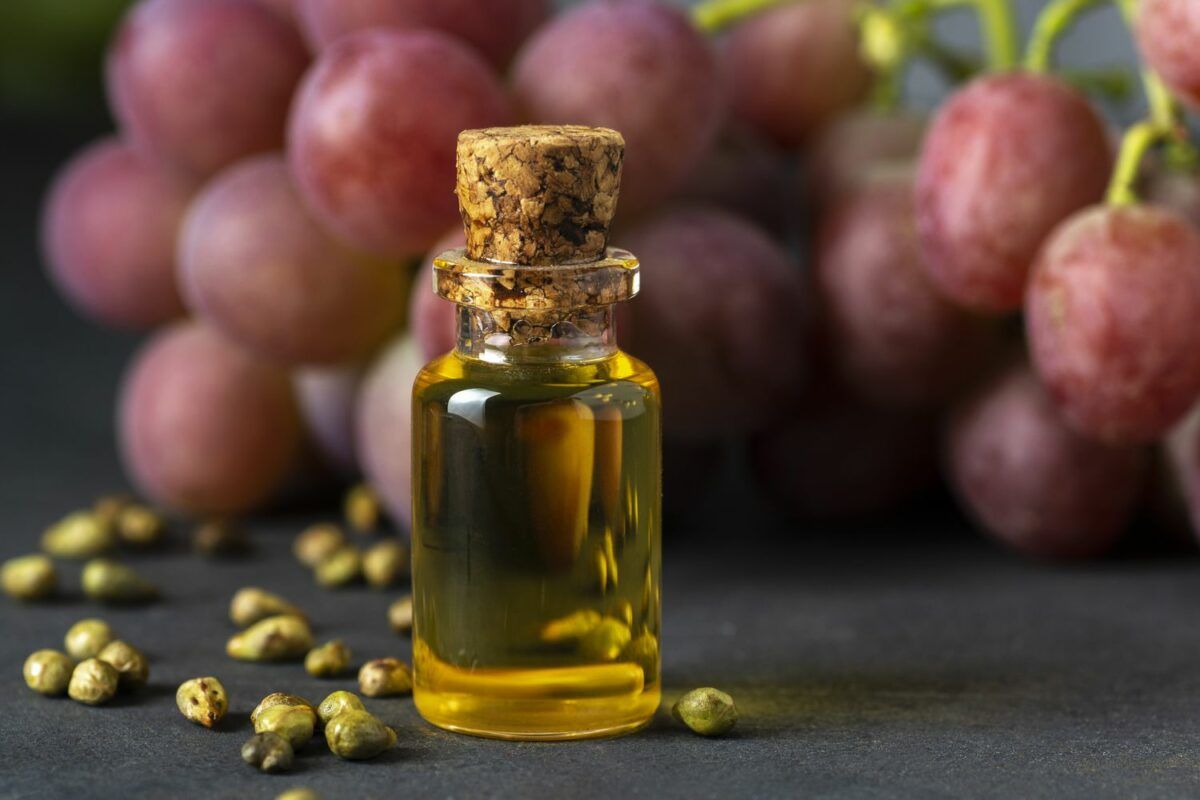
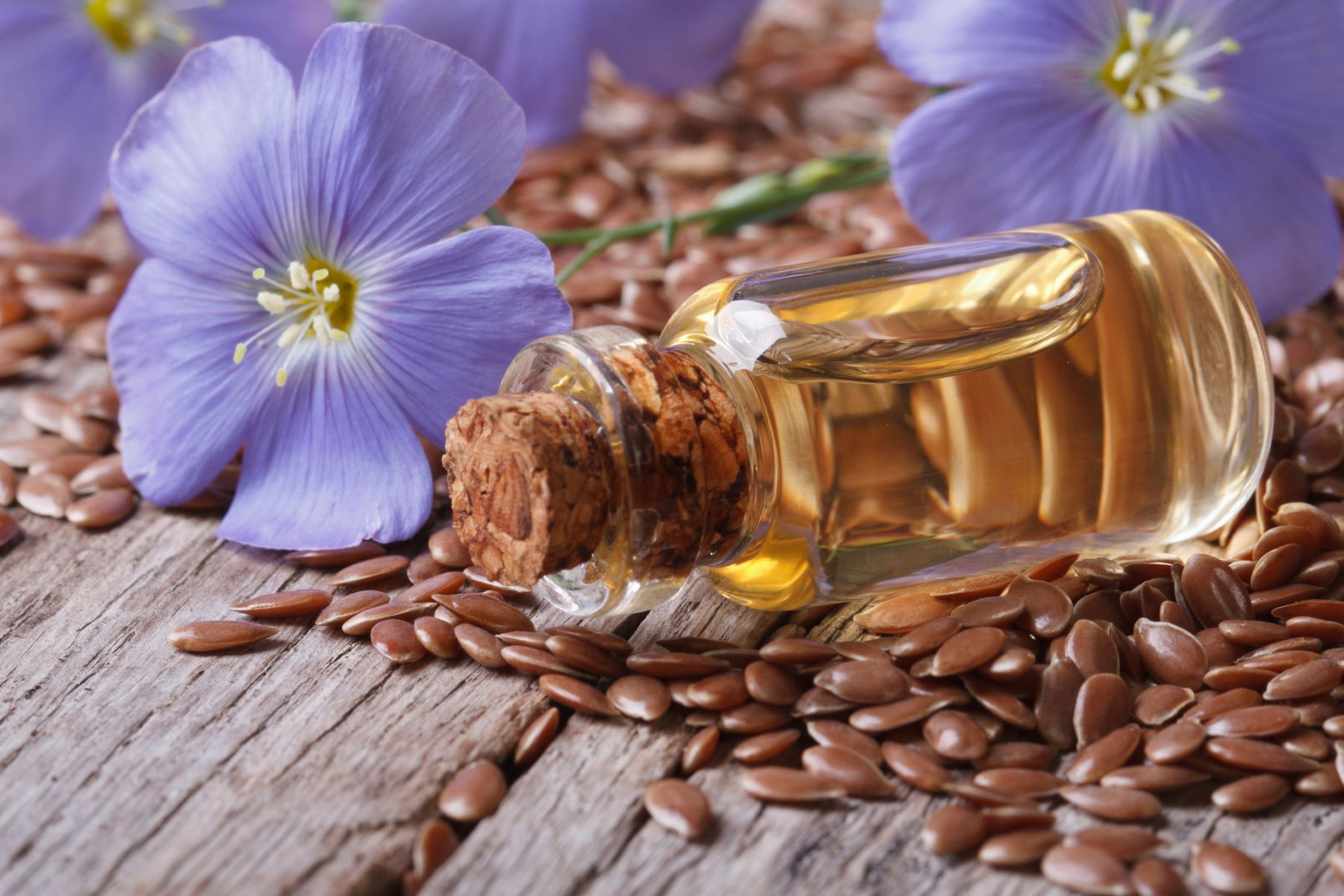
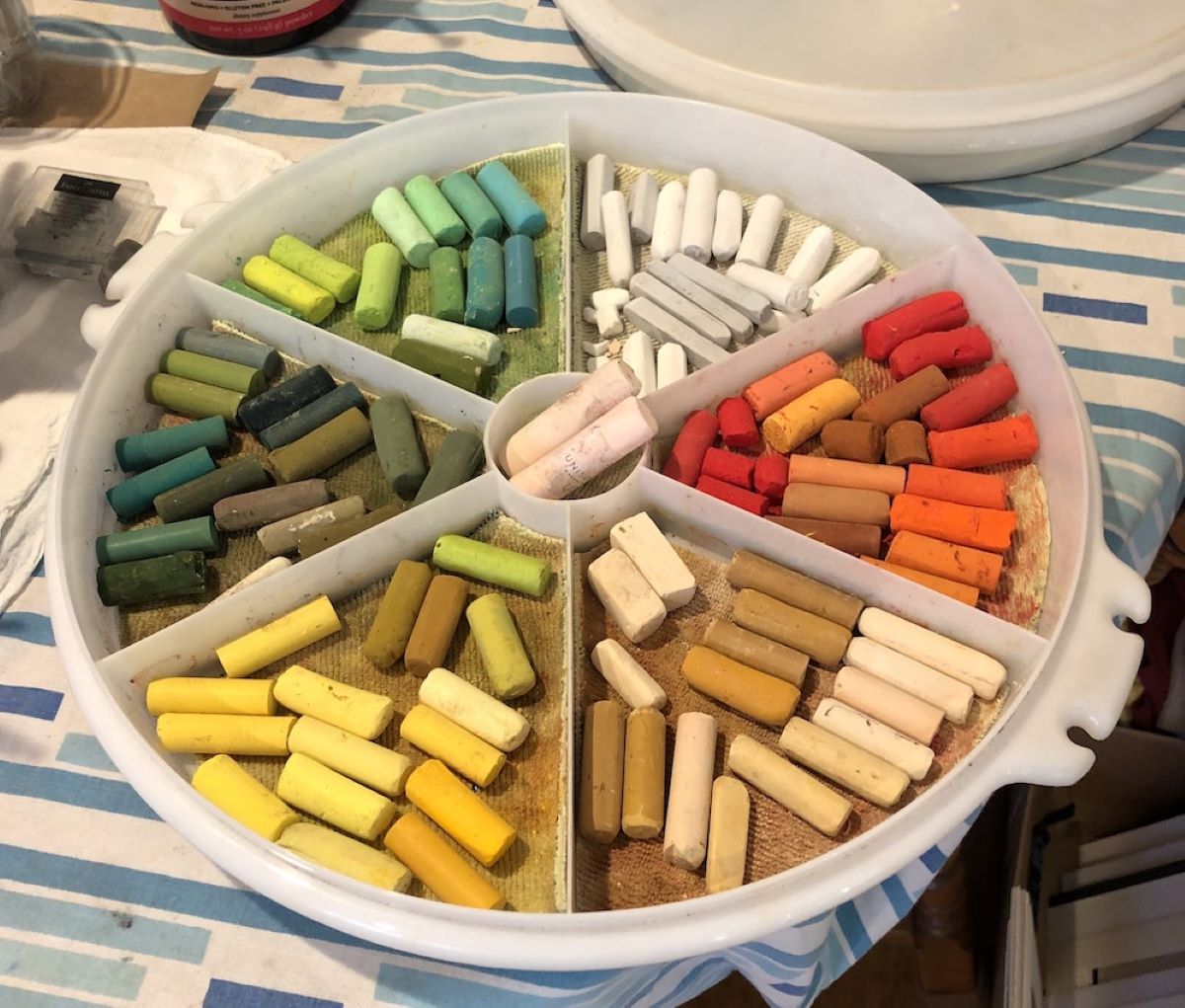
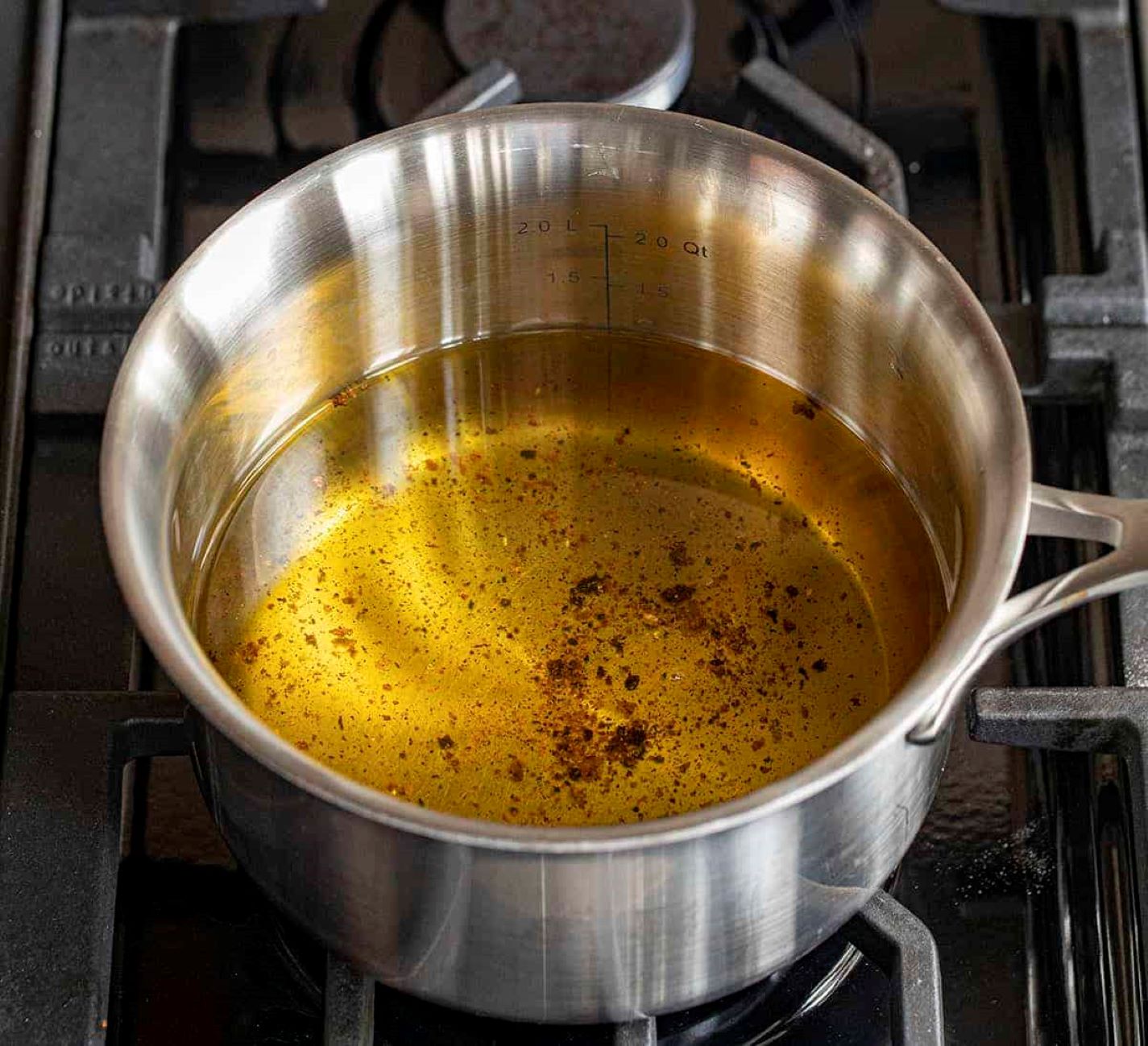
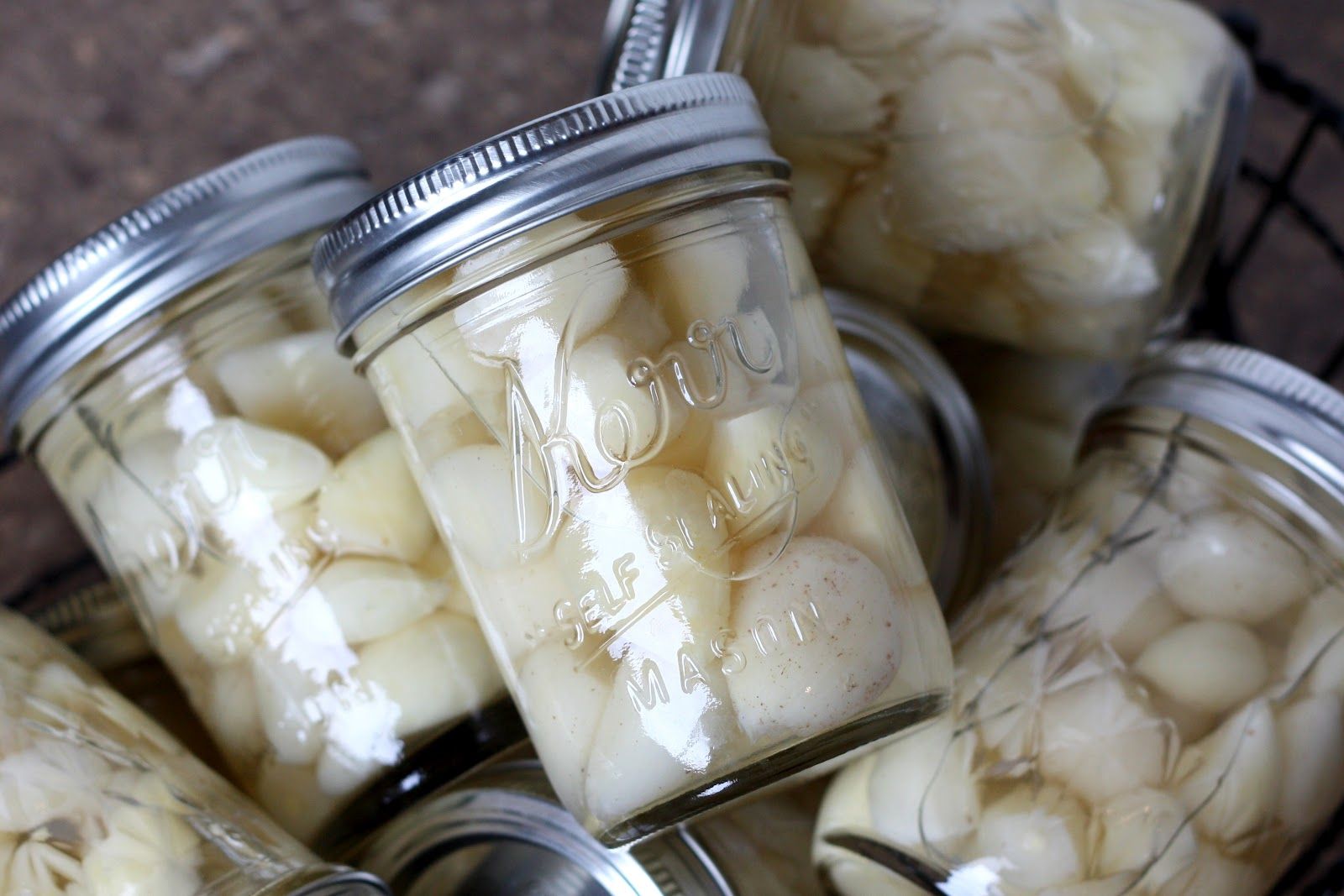

0 thoughts on “How To Store Jojoba Oil”